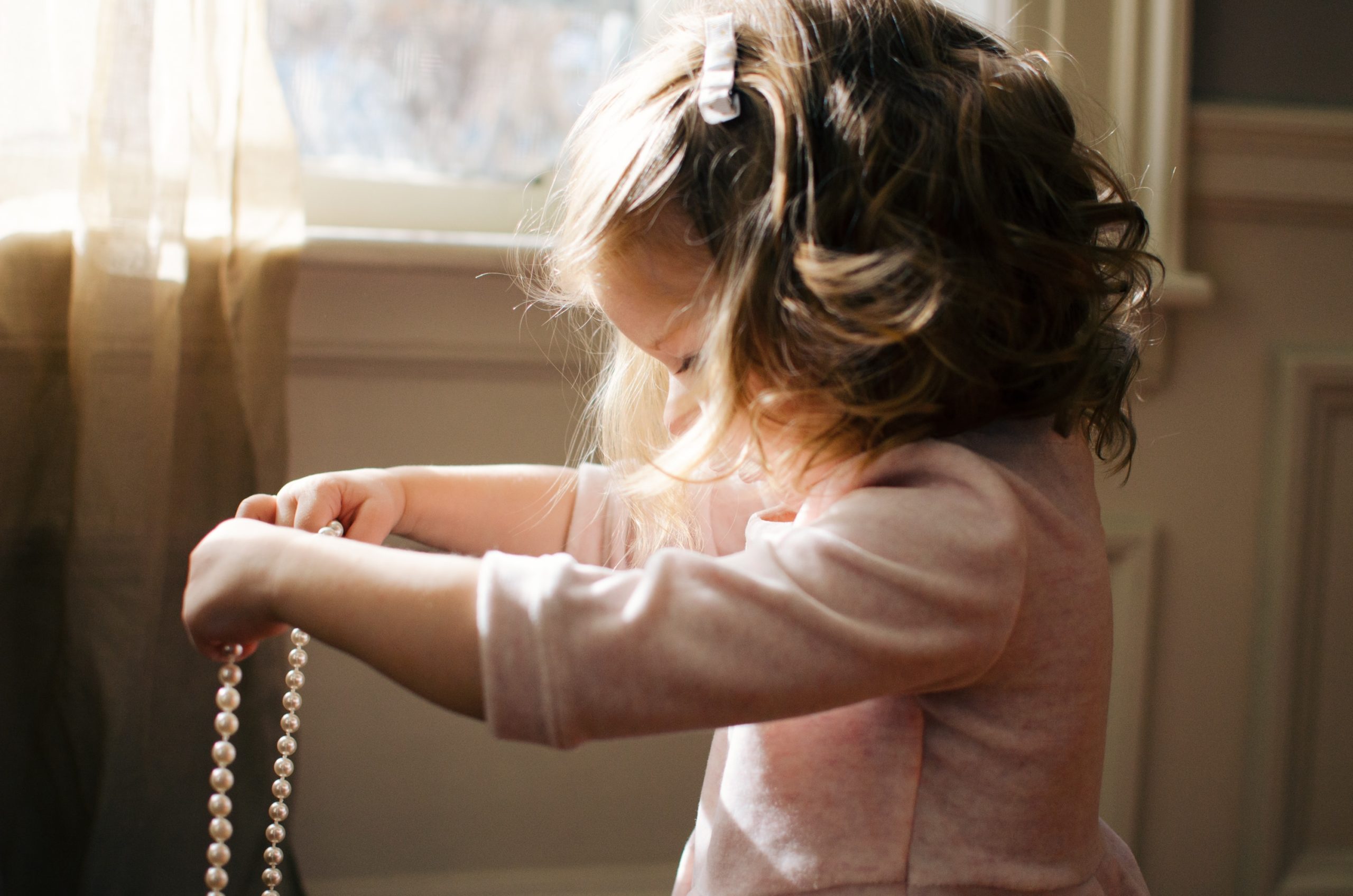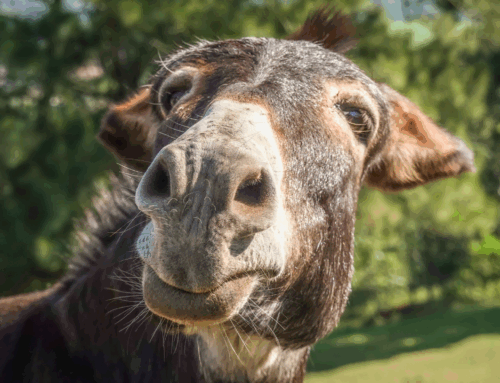In some cases, particularly after a particularly bitter or difficult separation, a child’s feelings towards one parent can be psychologically manipulated by the other.
This is known as parental alienation and can be extremely damaging and harmful for those involved. In response, the Children and Family Court Advisory and Support Service (CAFCASS) have a specific process to assist if it is thought a child is being alienated from a parent.
CAFCASS make recommendations to the family court, making sure children’s voices are heard and that decisions are made in their best interests.
What is parental alienation?
At the extreme end of the scale, parental alienation is when one parent deliberately tries to turn a child against their ex-partner with the aim of excluding that parent from the child’s life and cutting off contact.
Parental alienation is estimated to occur in 11-15% of divorces involving children and this number appears to be rising.
There can be varying degrees of parental alienation from mild to severe. Examples from CAFCASS include: ‘a parent constantly badmouthing or belittling the other; limiting contact; forbidding discussion about them; and creating the impression that the other parent dislikes or does not love the child.’
Tackling parental alienation
CAFCASS has confirmed that parental alienation occurs in a significant number of the 125,000 cases it deals with every year.
In Spring 2018, in response to the issue it introduced a new scheme called the ‘High Conflict Pathway’ for use in all cases of suspected parental alienation.
The framework helps professionals to assess cases when dealing with high levels of parental conflict and alienating behaviour.
It will also give parents the opportunity to change their behaviour with the help of an intensive 12-week ‘positive parenting programme.’
The process has been developed to provide a clear framework for the assessment of such behaviours on children and to help professionals see more closely what is happening on a case by case basis.
Any intervention offered will depend on each individual case and will include therapy to help parents address their behaviour and recognise the impact on the child.
In the most extreme cases, CAFCASS will recommend the child should be removed from the ‘alienating’ parent and they themselves may be denied contact because it is considered that their behaviour is so damaging to the child.
Parental alienation is a very complex situation and the impact extremely to harmful to those involved.
Summary
The family court tries to ensure that children have a good relationship with both parents and a shared care arrangement is made. There has to be a very good reason to justify a child’s time with or contact with a parent being limited.
Cases of this kind can be very difficult and our solicitors at Harrogate Family Law are experienced in dealing with all the complexities, resolving disputes and supporting parents. It is vitally important to take the right approach from the outset in issues over the care of your children. This can avoid protracted disputes but, if it doesn’t, you will be in the best position to successfully resolve the issues through the court process.
If you have concerns or questions about any of the issues raised in this article please get in touch. We have friendly, understanding solicitors on hand to help, our number is 01423 594 680.

Laura Mounsey is a family lawyer with experience of working on cases involving properties, trusts, businesses and pensions. Laura is a dedicated and talented lawyer who has been recognised with a “Safe Pair of Hands” Award.
Everyone’s circumstances are different and this article is provided by way of general information only and must not be relied upon. If you require legal advice on a family law issue, please feel free to contact us by emailing enquiries@harrogatefamilylaw.co.uk.






